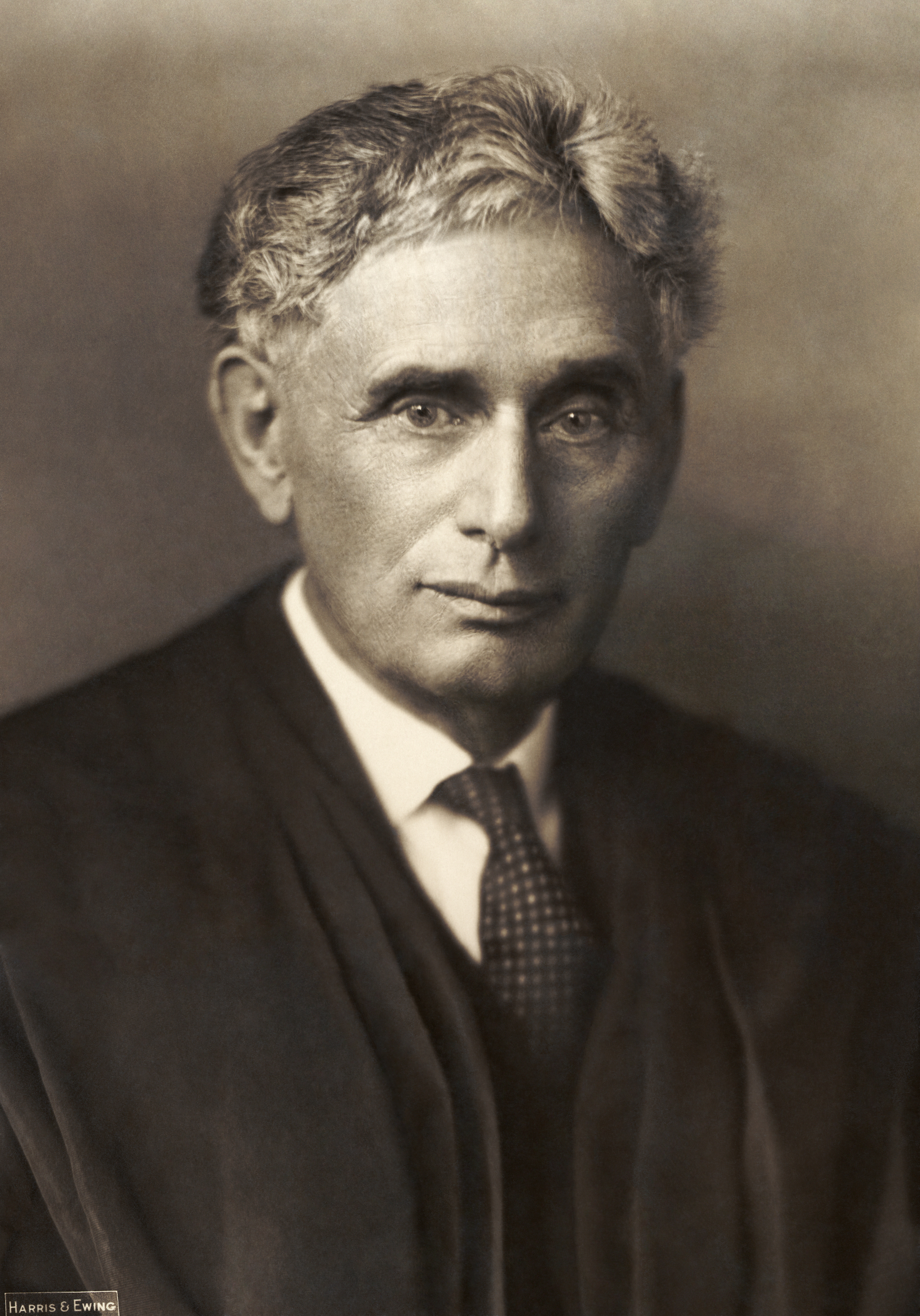Fuente: "Hours of Labor" (1906), reimpreso en "Brandeis on Democracy 91" (Philippa Strum, ed., 1995).
Frases célebres de Louis Brandeis
Fuente: "The Right to Privacy," 4 Harvard L. Rev. 193, 196 (1890).
Fuente: Carta a William Harrison Dunbar (2 de febrero de 1893), reimpresa en Letters of Louis D. Brandeis, Volumen I (1870-1907): Urban Reformer 109 (Melvin I. Urovsky & David W. Levy, eds., State University of New York Press 1971).
“Cuando un hombre siente que no puede dejar su trabajo, es un signo seguro de un colapso inminente.”
Fuente: Carta a Alfred Brandeis (8 de marzo de 1897), reimpresa en "Letters of Louis D. Brandeis", Volumen I, 127. (Melvin I. Urovsky y David W. Levy, eds., State University of New York Press 1971).
Fuente: "The Opportunity in the Law", 39. American Law Review 555, 555 (1905).
Fuente: "Other People's Money—and How Bankers Use It" (1914)
Louis Brandeis: Frases en inglés
Dissent, New State Ice Co. v. Liebmann, 285 U.S. 262 (1932).
Judicial opinions
"The Right to Privacy," 4 Harvard L. Rev. 193, 196 (1890).
Extra-judicial writings
Concurring, Whitney v. California, 274 U.S. 357 (1927).
Judicial opinions
“Behind every argument is someone's ignorance.”
Reported in Irving Dilliard, Mr. Justice Brandeis, Great American (1941), p. 112.
Attributed
The Words of Justice Brandeis (1953).
Extra-judicial writings
“Constitutional rights should not be frittered away by arguments so technical and unsubstantial.”
Milwaukee Social Democratic Publishing Co. v. Burleson, 255 U.S. 407, 431 (1921).
Extra-judicial writings
Albert Einstein, statement sent to the Boston journal The Jewish Advocate on 1931-10-19 on the occasion of Justice Brandeis' seventy-fifth birthday, quoted in Helen Dukas and Banesh Hoffman, eds., Albert Einstein: The Human Side (Princeton University Press, 1981), ISBN 0-691-02368-9, p. 85.
Albert Einstein, letter to Justice Brandeis on 1936-11-10, ibid.
Dukas and Hoffman comment: "the handwritten original is among the Brandeis papers at the Law School of the University of Louisville."
Can it be that the Constitution affords no protection against such invasions of individual security?
Dissenting, Olmstead v. United States, 277 U.S. 438 (1928).
Judicial opinions
Concurring, Whitney v. California, 274 U.S. 357, 375 (1927), at 375. In this case, in which the Court upheld a California anti-Communist statute, Brandeis, writing in a concurrence joined by Justice Oliver Wendell Holmes, Jr., concurred in the judgment but not in the reasoning. Whitney was later overruled (with the later Court adopting Brandeis's reasoning) in Brandenburg v. Ohio, 395 U.S. 444 (1969).
Judicial opinions
“True Americanism” (1915).
Extra-judicial writings
“If we desire respect for the law, we must first make the law respectable.”
in the Cleveland Plain Dealer (15 October 1912), as cited in A Treasury of Jewish Quotations, ed. Joseph L. Baron, Rowman & Littlefield (1996), p. 269 : ISBN 1568219482
Extra-judicial writings
Paul A. Freund, Proceedings in Memory of Mr. Justice Brandeis, 317 U.S. ix, xix–xx (1942).
The Jewish Problem And How to Solve It (1915).
Extra-judicial writings
According to daughter Elizabeth Brandeis Raushenbush, as told to biographer Melvin I. Urofsky, Louis D. Brandeis: A Life (2009), p. 130.
Attributed
